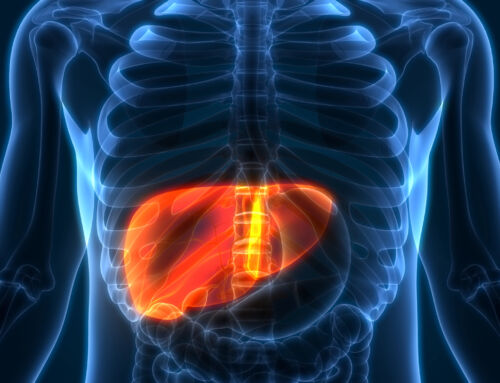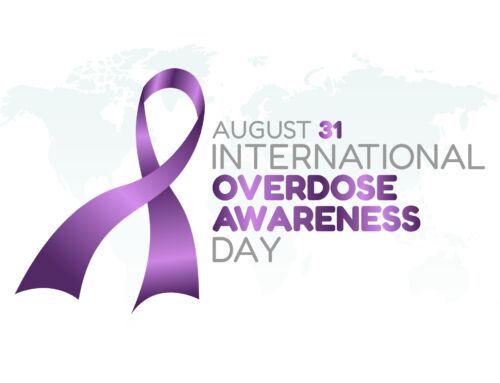First responders are often seen as society’s protectors—resilient, brave, and unbreakable. But a recent New York Times article, “Why Do More Police Officers Die by Suicide Than in the Line of Duty?” exposes a painful truth: behind the badge, countless officers silently suffer from post-traumatic stress disorder (PTSD), substance use, and despair.
At Greenbranch Recovery in Egg Harbor Township, New Jersey, we believe it’s time to bring this conversation to the forefront. We specialize in treating individuals grappling with addiction and trauma, including first responders whose mental health challenges are too often overlooked.
More Officers Die by Suicide Than in the Line of Duty
According to data from First H.E.L.P., more than 180 public-safety officers die by suicide each year—over three times the number killed by suspects. The story of Sergeant Matthew Hunter, featured in the New York Times, underscores the severity of this issue. After the suicide of his longtime partner, Joe Morgan, Hunter’s mental health declined rapidly, culminating in an alcohol-fueled breakdown that led to his arrest and dismissal.
The trauma of witnessing countless deaths, including suicides and violent incidents, left emotional scars. Yet, despite the clear warning signs, Hunter received minimal support from his department. There was no mandated counseling after his partner’s death, no inquiry into the circumstances, and no meaningful effort to help him heal.
The Cultural Silence Around PTSD in Law Enforcement
One of the most disturbing elements revealed in the article is the institutional silence surrounding officer suicides. Police departments often avoid labeling these deaths as “line of duty,” fearing it may glorify suicide or signal weakness. As a result, families are denied benefits, honors, and recognition, compounding their grief with stigma and exclusion.
This culture of silence makes it harder for officers to seek help. In many departments, showing vulnerability is equated with failure. Officers fear losing their badge, being ostracized, or being deemed unfit for duty.
How Chronic Trauma Leads to Substance Use and Despair
Repeated exposure to trauma rewires the brain. For officers like Hunter and Morgan, the consequences were cumulative. From the first call involving a suicide to the daily barrage of domestic violence, fatal accidents, and community tragedies, the emotional weight grew heavier with each shift.
Many officers, like those we serve at Greenbranch Recovery, turn to alcohol or drugs to cope. The use of substances becomes a way to suppress flashbacks, anxiety, and emotional numbness. Without intervention, this self-medication often spirals into addiction and deepens the mental health crisis.
A Call to Action: Breaking the Stigma and Providing Real Support
The story of Sergeant Hunter is not just a warning—it’s a call to action. We need to reshape how we care for those who serve our communities. That means treating mental health with the same urgency and respect as physical injury. It means recognizing PTSD as a legitimate occupational hazard for first responders and building systems of support that don’t punish vulnerability.
At Greenbranch Recovery, we provide tailored treatment for first responders, veterans, and professionals. Our trauma-informed programs include Cognitive Behavioral Therapy (CBT), Dialectical Behavior Therapy (DBT), and peer-based support. We create a safe, respectful environment where healing is possible and dignity is restored.
Greenbranch Recovery: Supporting Those Who Serve
Located in Egg Harbor Township, Greenbranch Recovery is proud to serve Atlantic County, Cape May County, and surrounding areas. We offer evidence-based addiction treatment, holistic wellness programs, and emotional support for individuals and families. If you or someone you love is struggling with PTSD, addiction, or the aftereffects of trauma, we can help. Contact Greenbranch Recovery at 609-622-5101 to learn how our team can support your journey to recovery.




